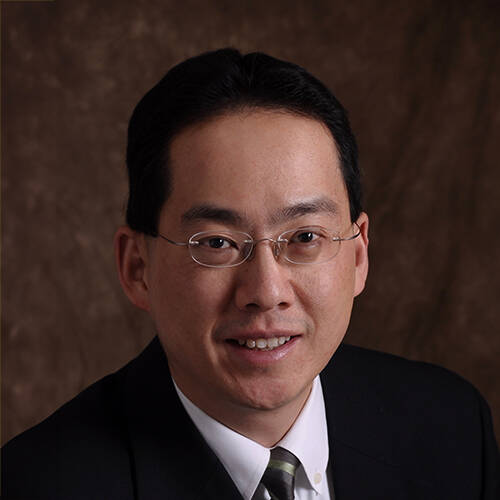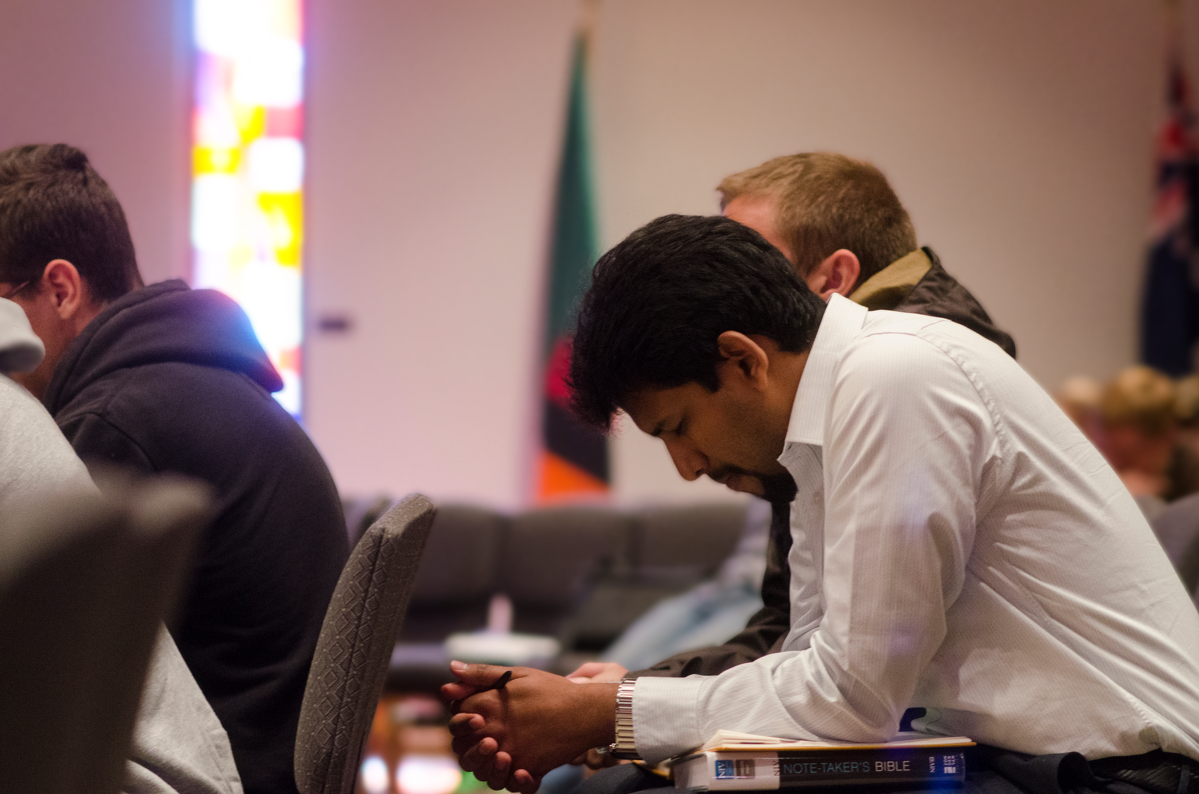“Evangelical” is no longer a label that many Bible-believing Christians embrace since “evangelicalism” is increasingly perceived as serving a particular cultural and political agenda. Even self-confessed evangelicals acknowledge a movement within their fold from confessional biblical Christianity to a form of therapeutic pragmatism that centers on self-actualization rather than the worship of the Holy God. The “evangel” is thus redefined where the missional mandate that once laid at its core has become at best a secondary concern.
This does not mean, however, that the label “evangelical/evangelicalism” should be abandoned. Throughout the ages, the euangelion (“gospel”) has always been one that many found repulsive. As such, theological education in the evangelical tradition needs to be boldly evangelical as we testify to the transformative power of the gospel while providing a critique of the competing ideologies that threaten the life of the church.
As an evangelical divinity school, TEDS seeks to train heralds of the gospel who are firmly grounded in the Word. These heralds are to be bold prophets in their own social locations and humble students in global and cross-cultural contexts. Seventy years ago, Carl Henry had already noted that “evangelical Christianity has become increasingly inarticulate about the social reference of the Gospel.”1 The call to serve as the prophetic voice to the broader society becomes even more urgent in the current social and political climate. An evangelical divinity school is tasked to train men and women who are able to provide such prophetic voices that emanate from the prophetic biblical texts.
After seventy years, the wider society in which evangelicals find themselves is no longer limited to the so-called “Western world.” The majority world ceases to be merely the mission field of the West as it has now been transformed into the major arena of God’s mighty acts. As an evangelical divinity school within the structure of an “international” university, TEDS is committed to testifying to the power of the euangelion throughout the world by both training and learning from global witnesses of this gospel.
In the global theological scene, TEDS is well-known for its academic reputation. When Kenneth Kantzer came to Trinity in 1962, he recognized that TEDS needed to be a divinity school of the highest academic standard: “A seminary that could best achieve the goals I felt necessary to meet the needs of the second half of the 20th century had to be a special kind of school.”2 By this, he was referring to an academically rigorous orthodox institution capable of training men and women to interact with and counter the intellectual challenges posed by critical scholarship. This distinct academic focus, including the emphasis on the original languages, reinforces our commitment to the inerrant Word of God. The Word lies at the very heart of an evangelical commitment that seeks to demonstrate its power through robust preaching and teaching for the proclamation of the one true gospel. Within this evangelical commitment, any dichotomy between the academia and the church cannot exist because the study of the Word is a study of its power in various ministerial and missional contexts. After all, while a divinity school is structurally an entity within a university, an evangelical divinity school is a servant of the church. This is why the world needs an evangelical divinity school…perhaps now more than ever.
1 Carl F. H. Henry, The Uneasy Conscience of Modern Fundamentalism (Grand Rapids: Eerdmans, 1947), 13.
2 “An Interview with Kenneth S. Kantzer,” in David V. Martin, ed., Trinity International University 1897-1997: A Century of Training Christian Leaders (Deerfield, IL: Trinity International University, 1998), 144.



